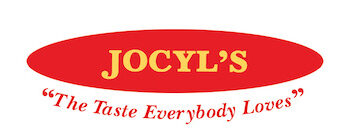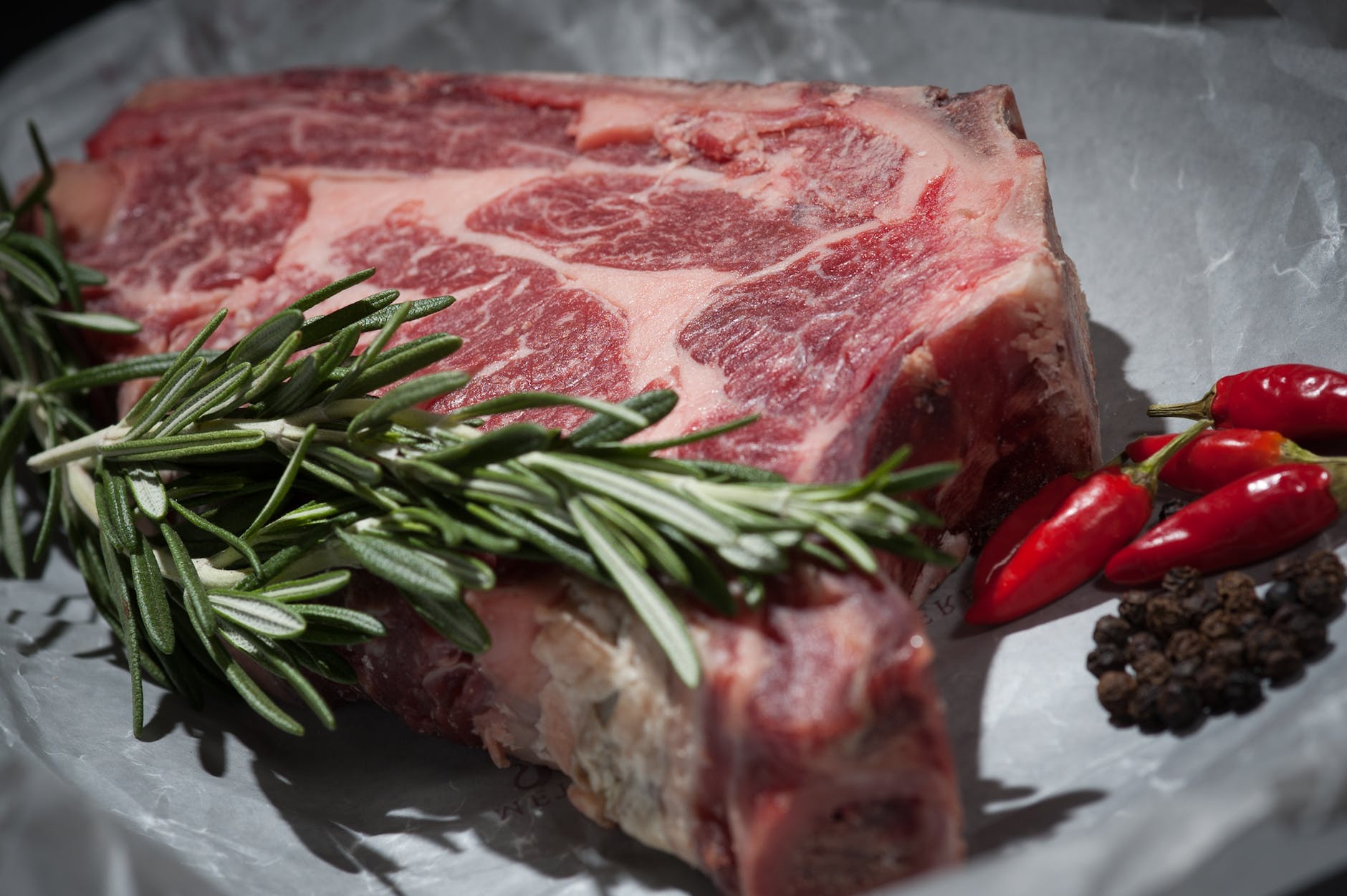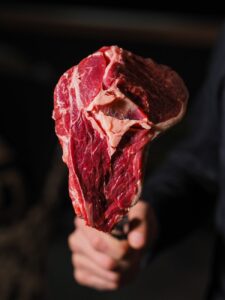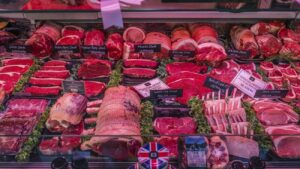
About Us
Jocyl's Food Products (a.k.a "Chorizo de Kalibo") is a bold and forward-thinking company whose goals are set to create surprising ways of developing and promoting our products. We are entrepreneurial and visionary in producing and marketing the best chorizo and other food products from our hometown - Kalibo, Aklan, Philippines.
About UsContact Info
- Tigayon Highway, Barangay Tigayon, Kalibo, Aklan
- +63362628688
- jocylsfoods@gmail.com
- Tigayon Highway, Barangay Tigayon, Kalibo, Aklan
- jocylsfoods@gmail.com
- +63362628688

The pros and cons of eating meat
-
Jocyl's Food Products > Blog > Food > The pros and cons of eating meat
As humans, we’ve been consuming meat for thousands of years. It’s an important source of protein and nutrients, and for many people, it’s a key part of their diet. However, as our understanding of health and environmental issues grows, the debate about the pros and cons of eating meat continues. In this article, we’ll explore this debate and weigh up the arguments on both sides.
Pros of Eating Meat:
1. Nutrient Dense: Meat is one of the most nutrient-dense foods available to us. It is a rich source of protein, iron, zinc, vitamin B12, and other essential nutrients that are vital for our overall health.
2. Protein: As mentioned above, meat is a great source of protein. Protein is essential for building and repairing tissues, and it is what our muscles, skin, and hair are made of. For those who live an active lifestyle or are looking to build muscle, meat can be an important part of their diet.
3. Satiety: Meat is known to be very satiating, which means it makes us feel full for longer. This can be especially helpful for those looking to lose weight, as it can help them feel satisfied with smaller portions.
4. Taste: Let’s face it, meat can taste great! It is a staple in many cuisines and can add flavor and variety to our meals.
5. Tradition: For many people, eating meat is a tradition and a cultural norm. It is a part of their family and social gatherings and can hold significant emotional value.
Cons of Eating Meat:
1. Health Risks: Studies have linked the consumption of red and processed meat to an increased risk of heart disease, cancer, and other health issues. Additionally, meat can be high in saturated and trans fats, which can contribute to these risks.
2. Environmental Impact: The production of meat can have a significant environmental impact, including deforestation, water pollution, and greenhouse gas emissions. Additionally, raising animals for meat requires significant amounts of water and feed, and can contribute to soil degradation.
3. Ethical Concerns: Many people are concerned about the animal welfare implications of eating meat. They argue that raising and killing animals for our consumption is cruel and unnecessary.
4. Cost: Meat can be expensive, especially if it’s of high quality. For those on a tight budget, it may not be a financially viable option.
5. Processing: The processing of meat has come under scrutiny in recent years due to concerns about the use of antibiotics and hormones in animals, as well as the potential for contamination and illness.
FAQs:
Q: Is it necessary to eat meat to get enough protein?
A: No, it is possible to get enough protein from a variety of plant-based sources, such as legumes, nuts, and seeds. However, it’s important to ensure that you are getting enough of all the essential amino acids, which can be easier to do with animal products.
Q: What are some plant-based alternatives to meat?
A: Some popular plant-based alternatives to meat include tofu, tempeh, seitan, and plant-based meat substitutes, such as Beyond Meat or Impossible Foods.
Q: Are there any health benefits to eating meat?
A: Yes, meat is a good source of many essential nutrients, such as protein, iron, and vitamin B12. However, it’s important to balance this with the potential health risks associated with meat consumption.
Conclusion:
The debate about the pros and cons of eating meat is ongoing and complex. While meat can be a valuable source of many essential nutrients, it can also come with health and environmental risks. For those looking to reduce their meat consumption, there are plenty of plant-based alternatives available that are equally nutritious and delicious.
Social Media:
https://www.facebook.com/jocylsfoods
https://www.instagram.com/jocylsfoods
https://www.pinterest.ph/jocylsfoods
#pros #cons #eating #meat
Recent Comments
Popular Feeds
Tags
- Aklan
- Aklan Pasalubong
- Boracay
- Boracay Food
- Boracay Island
- Boracay Pasalubong
- boracay snacks
- Boracay Souvenirs
- Breakfast
- Chicken
- chicken tocino
- Chori Burger
- chorizo
- ChorizoDeKalibo
- chorizo recipe
- Delicacies
- embutido
- embutido recipe
- Filipino Chorizo
- Filipino Cuisine
- filipino food
- Filipino Longganisa
- Filipino Sausage
- foodie guide
- homemade
- Iloilo
- Iloilo Food
- Iloilo Pasalubong
- iloilo souvenirs
- ingredients
- JocylsFoods
- longaniza
- longganisa
- longganisa recipe
- meat
- Pasalubong
- pinoy recipes
- pork tocino
- recipe
- Recipes
- skinless longganisa
- snacks
- tocino
- tocino recipe
- types of longganisa








